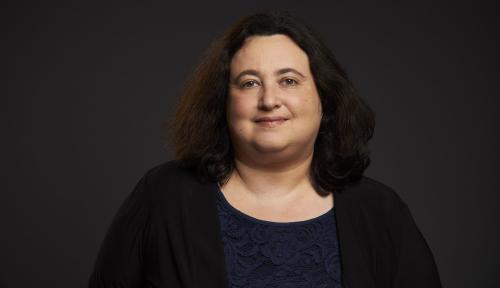Multiple agencies investigating the same allegations can lead to unfair punishment, says White
Globalization, the international nature of securities, overlapping mandates and the increasing complexity of regulations have prompted a rush among regulatory agencies to duplicate efforts as they investigate alleged violations, the top securities regulator in the US has pointed out.
In a speech to the New York City Bar Association, SEC chairman Mary Jo White said that, in the last decade or so, investigations of alleged regulatory violations have gone from focused probes conducted by one or two agencies to broad, crowded affairs with many regulatory bodies investigating the same facts at the same time.
‘When I first went back into private practice in 2002, investigations were often conducted by one, maybe two, regulators,’ she said. ‘Now, it is common to have investigations with more – sometimes many more – than two regulators, whether they are additional federal regulators, state prosecutors, attorneys general or foreign regulators.’
White called on regulatory bodies to be more choosy about the investigations they launch so that, together, they can maximize their resources and prevent undue punishment of those under investigation.
‘We regulators need to keep in mind the impact we have on those we regulate and ensure our own interests do not lead to unjust, duplicative outcomes,’ she said. ‘Especially in an era of scarce resources, regulatory choices and co-ordination are critical. Each agency should make a frank assessment of whether it brings the right expertise, jurisdictional authority and appropriate remedies to the table.’
White also denied criticism that the SEC does not charge individuals enough in relation to wrongdoing, preferring to focus instead on the corporations they work for. She said the SEC has charged individuals in 83 percent of its cases against nationally listed firms since 2011 and ‘the cases where individuals are not charged are by far the exception, not the rule.’










